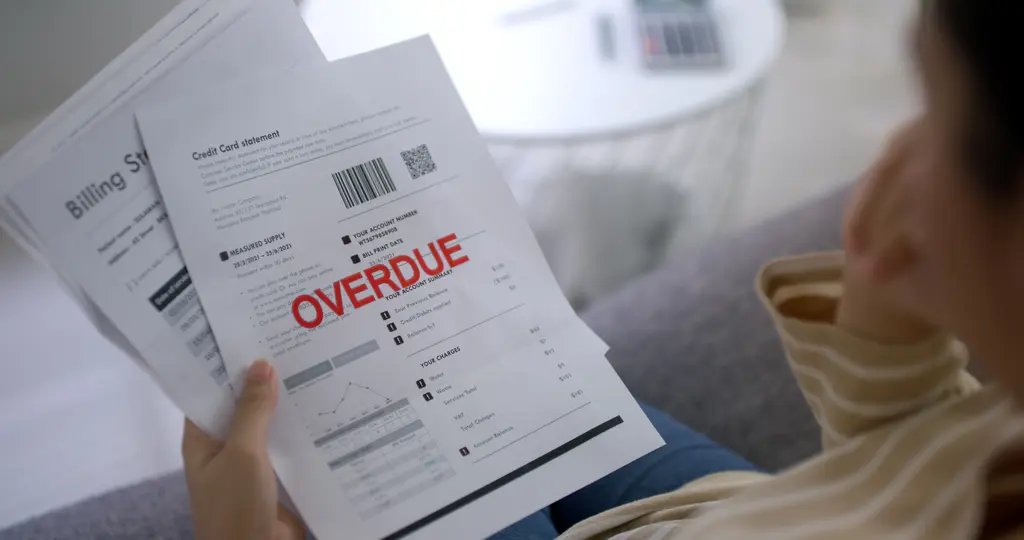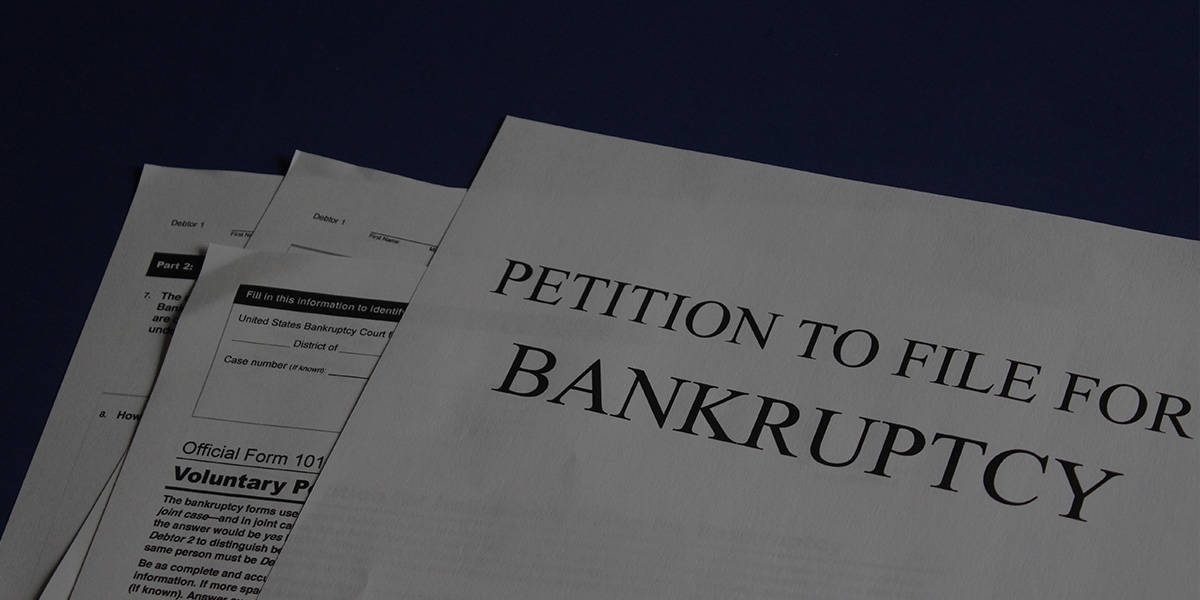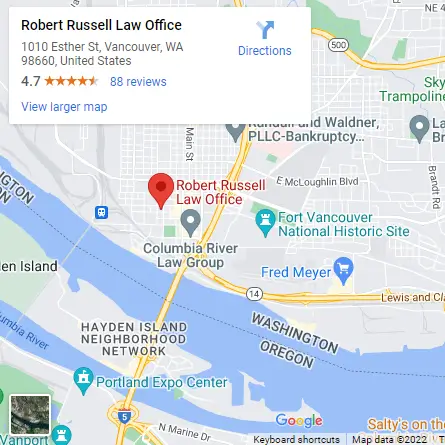Domicile / Residence
You can file a bankruptcy where you have lived (“residence” /“domicile”) the most days out of the last 180 days. For example:
- If you have lived in only one state for the last 180 days, you can file in that state.
- If you have lived in two states in the last 180 days, you can file in the state where you have lived at least 91 days (because the most you could live in any other state in the 180 day period is 89 days. 91 days > 89 days.)
- If you have lived in three or more states in the last 180 days, you can file here if you have lived here more than you have lived in any of the other states.
Basically, look at a calendar for the last 180 days. Whichever state you have lived in the most in the last 180 days, you can file there.
Business Related Bankruptcy
If you have a business, you can also file your case where in that same 180 day period prior to filing you had your “principal place or business” of “principal assets.” You cannot file in a state just because you are employed there; you have to operate or to have formerly operated your own business there.
Examples: If you live in Oregon and have done so years but you operated a business in Vancouver (your “principal place of business”) in the 180 days prior to filing, then you can file your bankruptcy in Washington. Also, if your business has failed but your “principal assets” remain in Vancouver for the greater part of the 180 days prior to filing, then you can file in Washington. (Note: You can also file in Oregon because that is where you reside.)
Principal Assets
The “Principal Assets” basis for venue is not limited to businesses. I suppose if you live in Oregon but have something of great value stored in Washington, you can file in Washington. Quite often, “principal assets” are associated with a business, but that is not required.
The Statute – 28 U.S.C. § 1408
I always like mentioning the statute so you can see the law for yourself. The relevant statute is 28 U.S.C. § 1408 (Venue of cases under title 11). Note: “Title 11” is the United States Bankruptcy Code. That statute provides that a case can be commenced (filed) as follows:
Except as provided in section 1410 of this title, a case under title 11 may be commenced in the district court for the district –
(1) in which the domicile, residence, principal place of business in the United States, or principal assets in the United States, of the person or entity that is the subject of such case have been located for the one hundred and eighty days immediately preceding such commencement, or for a longer portion of such one- hundred-and-eighty-day period than the domicile, residence, or principal place of business, in the United States, or principal assets in the United States, of such person were located in any other district; or
(2) in which there is pending a case under title 11 concerning such person’s affiliate, general partner, or partnership.
PreBankruptcy Planning
If you have been here less than 91 days and do not want to return to your prior state to file bankruptcy, you can file here – you just have to wait. Normally, it takes a while for a debtor to collect the necessary information to file. So, we can be working on getting everything ready to file on the 91st day. Also, sometimes there are other good reasons to delay a filing. You don’t have to wait to get started.
Free Initial Consultation
This area can be a little complicated for some debtors. We offer a free initial consultation to review your circumstances to determine the appropriate approach to resolve your financial issue. You can even schedule your own meeting by using our online calendar. Or, you can, of course, call or email to set up the free consult.






